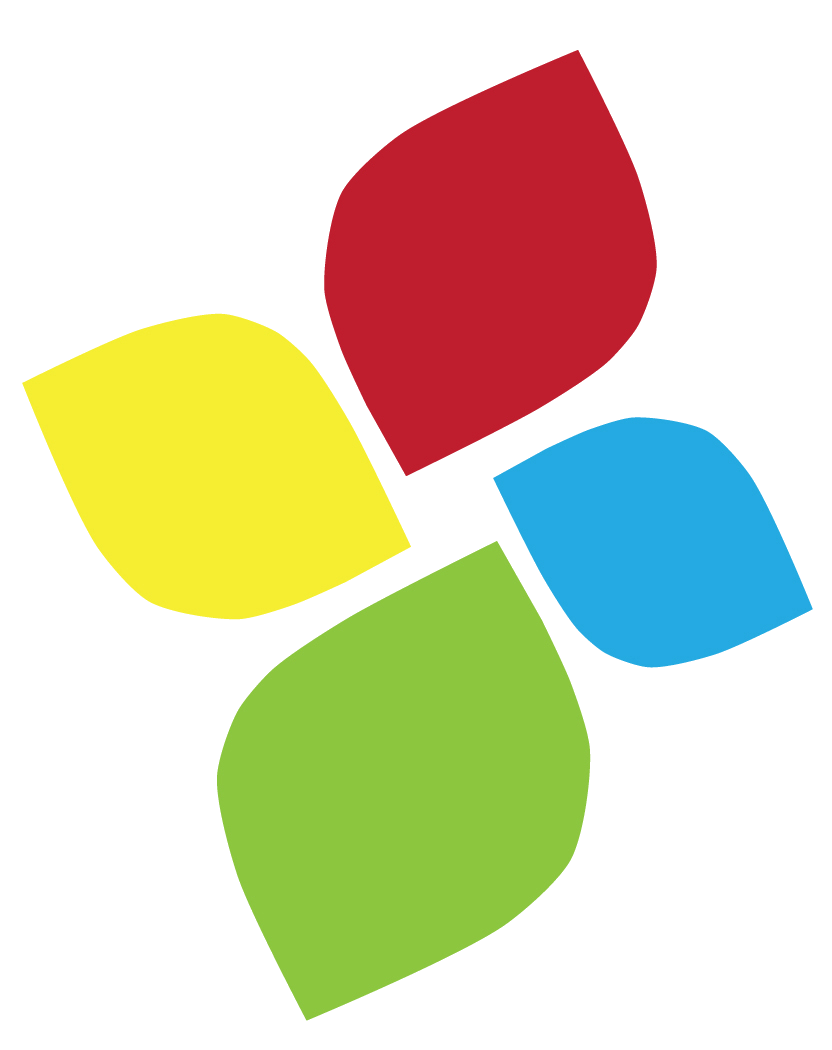Learning More Than One Language – Considerations and Implications for Practice with Children Using AAC
Date/Location:
June 11-13, 2019, Pittsburgh, PA
Description:
The focus of this 2.5 day seminar will be to provide learners with a theoretical and practical foundation for the use of core vocabulary as it pertains to language and vocabulary development for augmented communicators as well as how to integrate the use of core vocabulary as a primary strategy for targeting communication and language in home and academic settings. Our guest speaker, Susan Moore, JD, MA, CCC-SLP will present on the research and practice of implementing AAC with dual language learners (DLLs). Her presentation will begin with a synopsis of the current research in neuroscience and brain development that impacts what we know about how children learn languages. The documented benefits of bilingualism for young dual language learners (DLLS), with and without identified communication challenges, and their families will be presented and discussed. In-depth review of the current changing demographics and a review of relevant research and findings will facilitate discussion of application to practices using AAC and other technology that enhance language learning and communication competency. Topics covered will include the application of information from neuroscience and language learning; the established benefits of bilingualism, both from neurocognitive and social-cultural perspectives; the prevailing types and theories of second language acquisition, bilingual processes; and current models and approaches that are considered to enhance learning of languages with this heterogeneous and growing population.
Participants will engage in interactive discussion and activities to develop an appreciation of the complexity faced by young children who are dual language learners and their families as they navigate the learning of more than one language, especially when communication and language learning challenges are present. Given current information regarding the UNIDAD language system, participants will consider and discuss how increased knowledge of all aspects of bilingualism impacts recommended and research-based practices using this system. Strengths and challenges will be considered and applied to developed “personas” of children who are candidates for learning more than one language.
Speakers:
Bruce Baker, PhD
Deborah Laurent Witkowski, MA, CCC-SLP
Tracy M. Kovach, PhD, CCC-SLP
Russell Cross
Susan M. Moore, JD, MA. CCC-SLP
Learning Outcomes:
Explain why core vocabulary, not extended vocabulary, should be emphasized in AAC intervention.
Describe the relationship between the use of core vocabulary and normal language development.
Describe the difference between a needs-based communication display and a language-based communication display.
Identify the challenges with using a page-based system in an AAC device.
Discuss the impact of motor automaticity in the successful use of AAC devices.
Increase knowledge and understanding of current research regarding rain development relevant to the nature and characteristics of learning more than one language including resources for further investigation.
Explore and discuss implications and application of current research on bilingualism to AAC supports for young children with complex communication needs.
Consider appropriate strategies and supports to engage families of young DLLs needing AAC supports in their learning of languages.
Identify two key differences between referential and descriptive teaching strategies.
Generate linguistically oriented IEP goals and objectives for students who use AAC.
Discuss strategies that enable students who use AAC to demonstrate learning to demonstrate learning within the components of Bloom’s Taxonomy.
_____________________________________________________________________________
CEUs This activity is offered for up to 2.0 CEUs (20.0 hours of instruction). To register for CEUs:
Download, and complete the following forms.
Save the files names: 190613_SCS_Lastname_Firstname
Send both files to ceus@aacinstitute.org
Upon completion of the two forms and passing the quiz, a CEU certificate will be sent
Note: If any difficulty is encountered in using this form, write to ceus@aacinstitute.org to request an alternative file format.
